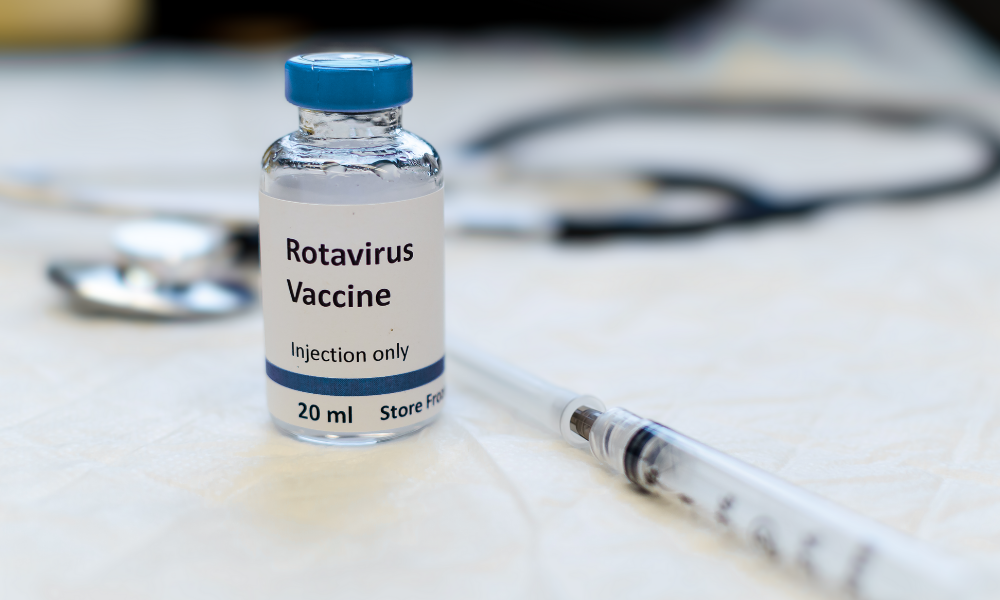Rotavirus is an intestinal virus that can cause diarrhea and vomiting and occasionally fever. It is transmitted when individuals come into contact with the body fluids or feces. Virtually all children become infected with rotavirus in the first five years of life. It is possible to have rotavirus infection more than once since neither the vaccine nor natural infection confers full immunity to all strains of the virus. Infants younger than three months of age may not develop diarrhea when they are infected because they have maternal antibodies transferred from their mother to protect them in the first few months of life, including through breastfeeding. Most children with rotavirus diarrhea recover on their own.

For more information: https://www.nvic.org/disease-vaccine/rotavirus
[50] The Vaccine Friendly Plan. Dr. Paul Thomas, 2016. Pp. 119
[51] https://www.nvic.org/disease-vaccine/rotavirus/quick-facts
[52] Vaccine Adverse Events Reporting System – https://digital.ahrq.gov/sites/default/files/docs/publication/r18hs017045-lazarus-final-report-2011.pdf